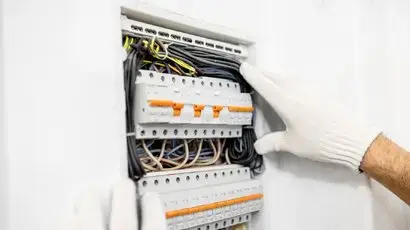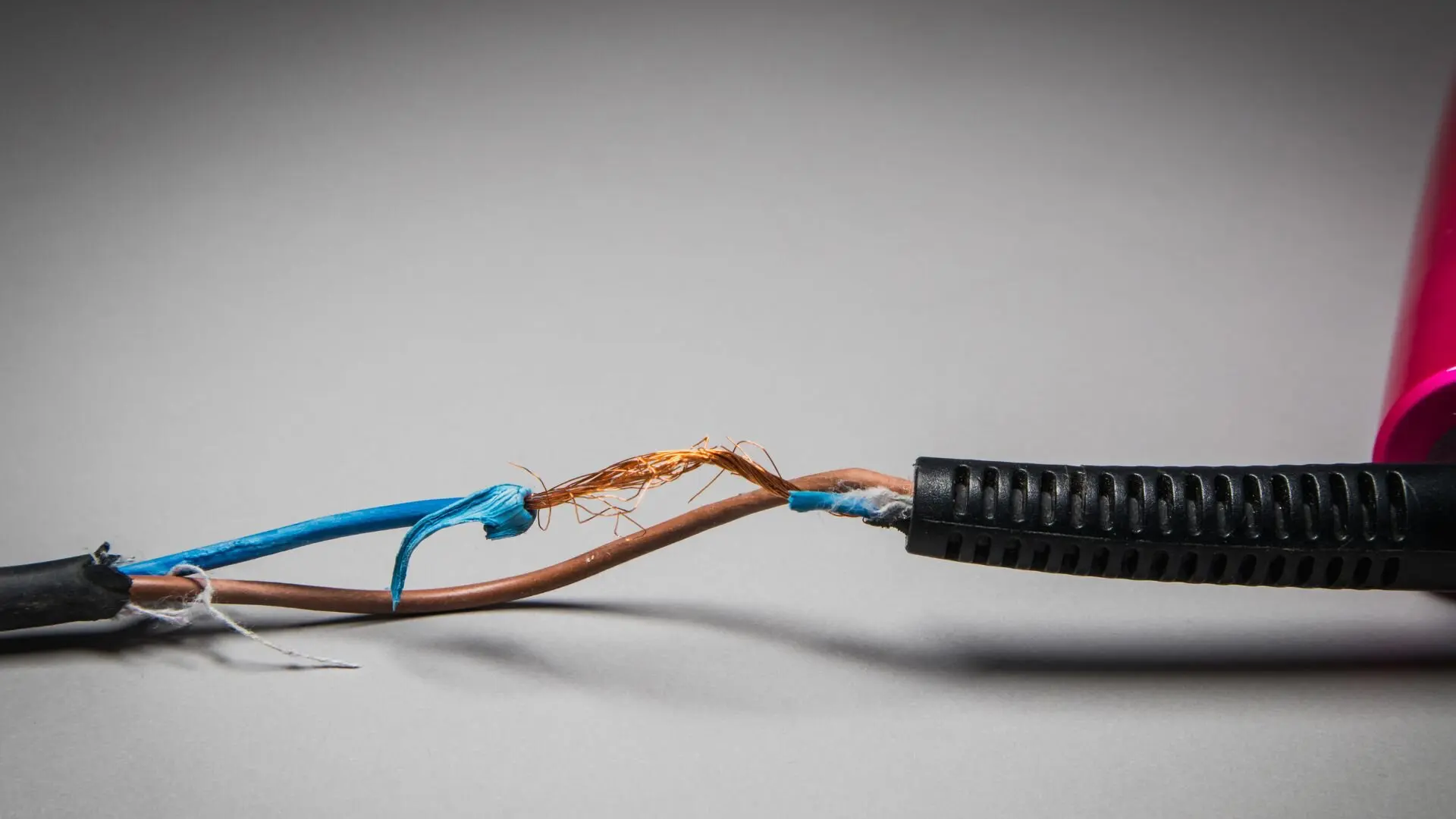
Get your free Melbourne Electrician quote today!
Our team of Melbourne Electricians is here to help you with any questions or concerns you may have. We’re committed to providing you with the best possible service and support.
Electrical safety is crucial for every homeowner. Our expert electricians share essential tips to help you maintain a safe and secure home, preventing electrical accidents and potential damage.
Electrical safety is an essential part of maintaining your home, and it’s something every homeowner should focus on. With so many electrical gadgets becoming part of our everyday lives, understanding the possible dangers and taking steps to prevent accidents is vital.
Among common electrical hazards, you’ll find overloaded circuits, frayed wires, poor grounding, and moisture exposure. These problems can spark fires, cause shocks, and create other risky scenarios, endangering both your loved ones and your home.
Acknowledging these hazards and practising essential safety measures can greatly lessen the chance of electrical mishaps at home. This article serves as a thorough guide for homeowners, offering practical tips and insights to help you keep your living space safe and sound.
Electrical Safety Devices and Their Importance
Electrical safety devices are crucial in protecting homeowners from potential electrical hazards. Ground Fault Circuit Interrupters (GFCIs) are designed to prevent electrical shocks by quickly shutting off power when they detect an imbalance in the electrical current.

Proper ventilation is essential for electrical equipment to prevent overheating and reduce the risk of fires. Ensure that your electrical devices and appliances have adequate space around them to allow for proper airflow, and avoid storing items on top of or near electrical equipment. Keeping your electrical panels accessible and free from obstruction is also essential, as it allows easy access in emergencies or when maintenance is required.
Several signs may indicate the need for electrical upgrades in your home. These include frequent breaker trips or blown fuses, dimming or flickering lights, buzzing or sizzling sounds from outlets or switches, and outdated two-prong outlets. If you notice any of these signs, it’s essential to contact a licensed electrician to assess your electrical system and determine the necessary upgrades.
Emergency Preparedness and Response
Preparing for electrical emergencies minimises damage and ensures your family’s safety. Every homeowner should have an emergency electrical shut-off plan, which includes knowing the location of your main electrical panel and how to turn off the power supply in an emergency. It’s also essential to have fire extinguishers readily available and know how to use them correctly in an electrical fire.
Developing an evacuation plan and designating a safe meeting point outside your home is another critical aspect of emergency preparedness. Ensure all family members are familiar with and practice the plan regularly.
In the event of an electrical shock or burn, basic first aid techniques, such as removing the person from the electrical source, checking for responsiveness, and applying cool water to the affected area, are essential.
Finally, it’s crucial to know when to call emergency services. If you encounter a severe electrical emergency, such as a widespread power outage, an electrical fire, or a severe electrical injury, call 000 immediately. You can help keep your family safe and minimise the potential for damage to your home.
Empowering Homeowners to Prioritise Electrical Safety
Throughout this article, we’ve explored key electrical safety tips every homeowner should keep in mind. By understanding common hazards, recognising the importance of safety devices, adopting safe practices, and being ready for emergencies, you can maintain a secure and reliable electrical system. Staying vigilant and proactive is essential, as it helps prevent accidents, fires, and other risks that could endanger your family and property.
Prioritising electrical safety should be a top concern for homeowners. Following these tips and staying informed about the latest safety standards and best practices can create a safer living environment for you and your loved ones. Remember, when it comes to electrical work, it’s always best to rely on the expertise of licensed professionals.
If you have concerns about your home’s electrical system or need assistance with installations, repairs, or upgrades, don’t hesitate to contact W.P. Electrical. Our team of experienced and knowledgeable electricians is here to provide professional guidance and support to ensure your home’s electrical safety.
Published by: Pascal Harb17 October 2025